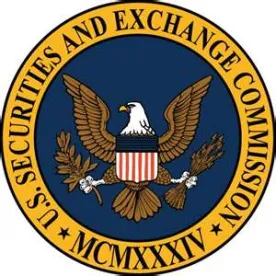Last week, the U.S. Securities and Exchange Commission (SEC) announced a series of enforcement actions against lawyers across the country, charging them with offering EB-5 investments and receiving compensation while not registered to act as brokers. According to the SEC, the attorneys and firms involved in these matters assisted in the facilitation of investment sales transactions and accepted transaction-based payments from regional centers or fund promoters that were separate from legal fees received to provide legal services to the same clients. By accepting compensation for sales of securities while not properly registered, the SEC charged that the attorneys violated Section 15(a)(1) of the Securities Exchange Act of 1934.
The cases range in the amount of unlicensed broker activity. While some cases involve significant amounts of activity, several of the orders involve attorneys who were paid fees for a single transaction ($30,000 to $90,000). One of the matters involves a Chinese resident—no longer present in the U.S. All of the orders require those involved to disgorge any securities commissions, and many of those charged are required to pay civil penalties as well. Without admitting or denying the SEC’s findings, each of the attorneys and firms agreed to cease and desist from acting as unregistered brokers. The SEC, which usually uses its administrative hearing process to resolve matters, also took a fairly unusual step: it filed a complaint in federal district court in Los Angeles, alleging that an immigration attorney and his firm acted as an unregistered broker by selling EB-5 investments. According to the complaint, the attorney was accepting finder’s fees using his law firm, an entity that he controlled in Hong Kong, and friends and relatives abroad.



 />i
/>i

